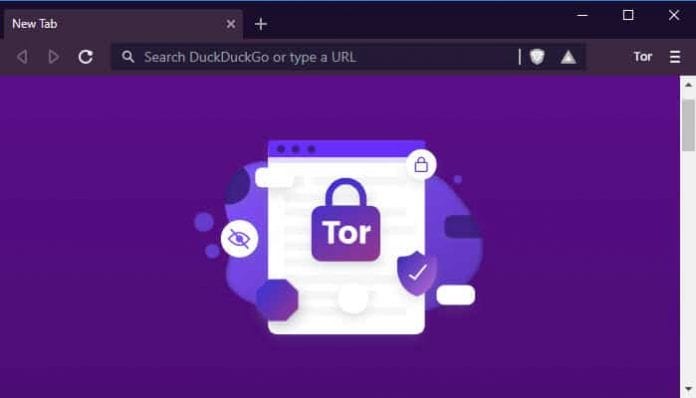

The Interplanetary File System, or IPFS, is an internet protocol created in 2015 that aims to decentralize the location of content on the web. At the time of writing, there is no major browser support for Gemini, but there are traditional HTTP sites that can act as a proxy to access Gemini content from any modern browser, like Mozz. You can access a list of Gemini clients on the homepage.

If content moves to another location, you can easily create redirects. To add external media, you can simply use links. Generally, pages are text based with some color changing, meaning content loads quickly and is responsive to the viewport.

gemtext looks a lot like markdown, so a heading with a bulleted list would use the following structure: # This is my Heading Gemini distributes sites using a lightweight markup language called gemtext, which removes many of the advanced media features of HTML, keeping pages small so they load quickly. Gemini offers improvements like domain-based virtual hosting, redirects to prevent broken links, and identification of binary content using MIME types. The Gemini Protocol, created in 2019, is an internet protocol that aims to fall somewhere in between the Gopher Protocol and HTTP. The makers of TOR have also created a browser for iOS called the Onion Browser. TOR and the Brave browser both support the Onion Protocol. The deep web contains sites only accessible through the onion protocol on the TOR browser. Onion domain names that provide your website with source anonymity in what many refer to as the deep web. TORĭisguises the source of internet traffic through layers of servers and encryption. Onion Routing is the key technology of the Onion Router (TOR), created in 2002. Let’s get started! Popular web protocols Onion Router In this article, we’ll review some of the different technologies in this space, discussing their current state and future plans. While many developers focus on Web 3.0 applications that use distributed ledgers called blockchains to manage data, other applications use methods like torrents or browser storage to offer decentralization. Web 3.0 is an umbrella term for technologies in the webspace that offer decentralized applications and don’t rely on central servers, improving user autonomy and privacy. The state of P2P protocol acceptance in modern browsers

Alex Merced Follow I am a developer, educator, and founder of.


 0 kommentar(er)
0 kommentar(er)
